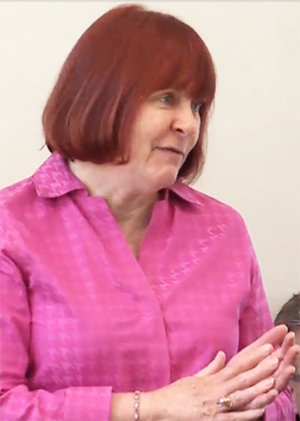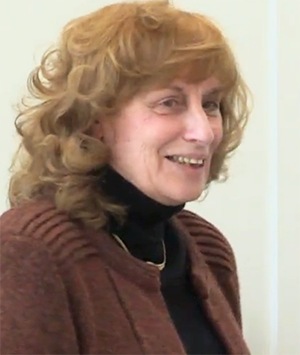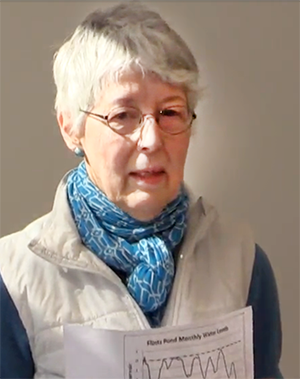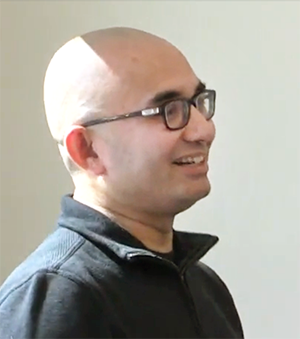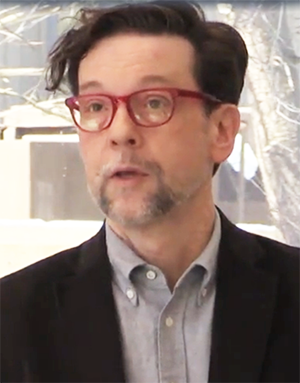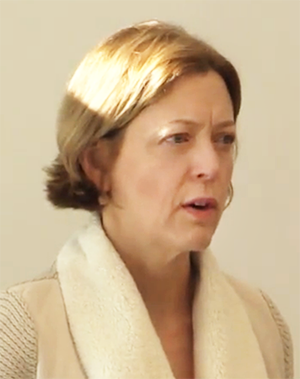To the editor:
Back in December, I responded to a request to explain why a number of residents opposed and ultimately helped to defeat the 2012 school building project. Although many were alarmed by the proposal to cut the trees and sacrifice the central playing fields, in essence “paving paradise to put up a parking lot,” I was particularly concerned with the interior environment and the plan for an outdated, dehumanizing cell-block layout of classrooms and corridors. The ill-fated plan offered an uninspired, mediocre environment in which to develop, learn and teach.
Then on Monday, I had the good fortune of touring the newly opened Hanscom Middle School with a small group of parents and residents led by Superintendent of Schools Becky McFall and School Committee chair Jennifer Glass. This new school incorporates much of what our superintendent has been describing in her vision for the Lincoln schools for several years. Even though architecture and particularly interiors are best experienced to be truly understood and appreciated, I will highlight a few exciting features that I gleaned from the tour.
Upon entering the Hanscom facility, one feels immediately welcomed. Just past the security entrance, a long, light-colored wooden bench leads one to the two-story common area with an open stage and grand stair to the second level. Rather than traditional indestructible concrete block, the walls are painted drywall in warm color tones that mitigate the austere white of LED and occasional fluorescent lighting. The customary cool grays, blues and greens found in many institutional buildings are minimal, and used merely as accents in flooring patterns, door frames and some furniture, albeit in warmer tones. Not only do people look healthier, they generally feel better about themselves in such spaces, and the entire experience is one that evokes an implied trust that students are mature enough to appreciate and take pride in this environment.
Secondly, there is an abundance of diffused natural light from a variety of sources, including windows and skylights, some of which are visible through interior glass partitions. As a result, one is aware of the natural rhythm of the day whether it is sunny or cloudy outside, morning or afternoon.
Thirdly, there are a variety of flexible room types, sizes and shapes, all organized around age-appropriate “neighborhoods” based on the various grades. Rooms and spaces have a variety of ceiling heights and are not all rectilinear, creating interesting juxtapositions and adjacencies that do not feel institutional. Also, their adjacencies lend themselves to multiple uses ranging from larger classrooms to smaller spaces appropriate for coaching students who may need individual help. In each of the various neighborhoods, there are rooms set up to accommodate a range of instruction, from a group of students focusing on a single subject or project, to individual quiet reading areas full of comfortable cushions and benches and a teacher circulating to help students as needed.
Rather than being long and bleak, corridors are short and come in a variety of shapes as they connect various classrooms and neighborhoods. Transitions between classes are orderly, and Becky reported that students need little, if any, supervision for disruptive behavior that often accompany the cellblock model.
There is really so much more to tell, but in summary, the highly organized but relaxed layout, the variety of interior spaces and the use of color and natural light is masterful in how children and teachers are treated with dignity, visibly inspiring a passion for learning and teaching. This is the model that should guide the planning of the Lincoln School in the next year if we are to offer a viable 21st-century learning community. And I believe this should be our highest priority as we gather for Town Meeting in less than two weeks.
Thanks again to Becky and Jennifer for making the tour available. If the opportunity arises again, I urge others to visit as well.
Sincerely,
Ken Hurd
21 Lexington Rd.
Letters to the editor must be signed with the writer’s name and street address and sent via email to lincolnsquirrelnews@gmail.com. Letters will be edited for punctuation, spelling, style, etc., and will be published at the discretion of the editor. Letters containing personal attacks, errors of fact or other inappropriate material will not be published.

